Congratulation to FHSS PhD student Sulochana Dhakal Rai who just published her latest article in the Journal of Asian Midwives. The paper ‘Caesarean Section rates in South Asian cities: Can midwifery help stem the rise?‘ [1] is highly topical in this Year of the Nurse and Midwife (see Bournemouth University’s earlier event on YouTube).
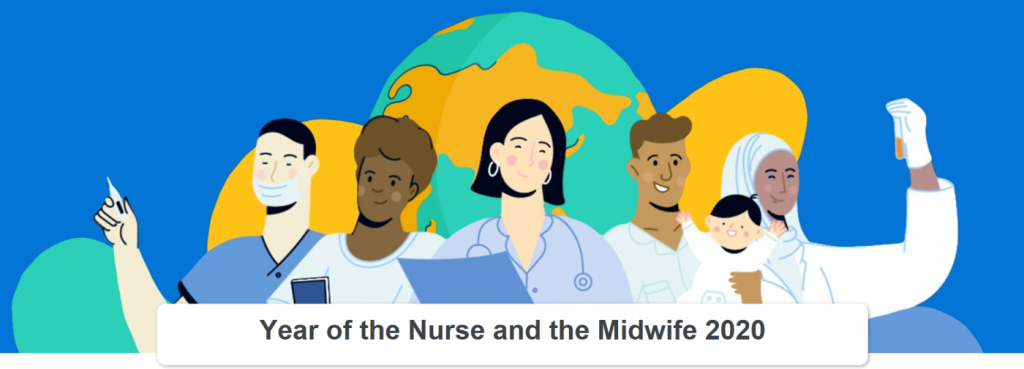 Caesarean section (CS) is a life-saving surgical intervention for delivering a baby when complications arise in childbirth. The World Health Organization (WHO) suggests a rate of CS from 10% to 15%. However, CS rates increased steadily in recent decades and have almost doubled from 12.1% in 2000 to 21.1% in 2015. Therefore, this has become a global public health problem. This scoping review gives an analysis of the rising CS use in four South Asian countries: Bangladesh, India, Nepal and Pakistan. The authors conclude that the increasing CS rates in South Asian cities, particularly in specific groups of women, present a challenge to hospital staff and managers and policy-makers. The challenge is to avoid ‘Too Much Too Soon’ in otherwise healthy urban women and avoid ‘Too Little Too Late’ in women living in remote and rural area and in poor urban women.
Caesarean section (CS) is a life-saving surgical intervention for delivering a baby when complications arise in childbirth. The World Health Organization (WHO) suggests a rate of CS from 10% to 15%. However, CS rates increased steadily in recent decades and have almost doubled from 12.1% in 2000 to 21.1% in 2015. Therefore, this has become a global public health problem. This scoping review gives an analysis of the rising CS use in four South Asian countries: Bangladesh, India, Nepal and Pakistan. The authors conclude that the increasing CS rates in South Asian cities, particularly in specific groups of women, present a challenge to hospital staff and managers and policy-makers. The challenge is to avoid ‘Too Much Too Soon’ in otherwise healthy urban women and avoid ‘Too Little Too Late’ in women living in remote and rural area and in poor urban women.
This paper is co-authored by Dr. Juliet Wood and Prof. Edwin van Teijlingen in the Centre for Midwifery, Maternal & Perinatal Health (CMMPH), Dr. Pramod Regmi Lecturer in International Health in the Department of Nursing Science, Dr. Amudha Poobalan at the University of Aberdeen, Dr. Malin Bogren at the University of Gothenburg in Sweden, Prof. Rafat Jan at the Aga Khan University in Pakistan and Dr. Ganesh Dangal at Kathmandu Model Hospital in Nepal and Dr.Keshar Bahadur Dhakal based at Karnali Academy of Health Science also in Nepal. This is Sulochana’s second PhD paper, her first paper was published last year [2].
References
-
- Dhakal Rai, S, Poobalan, A, Jan, R, Bogren, M, Wood, J, Dangal, G, Regmi, P, van Teijlingen, E, Dhakal, K B. (2019) Caesarean Section rates in South Asian cities: Can midwifery help stem the rise? Journal of Asian Midwives, 6(2):4–22.
- Dhakal Rai, S., Regmi, P.R., van Teijlingen, E., Wood, J., Dangal, G. and Dhakal, K.B., 2019. Rising Rates of Caesarean Section in Urban Nepal. Journal of Nepal Health Research Council, 16(41): 479-480
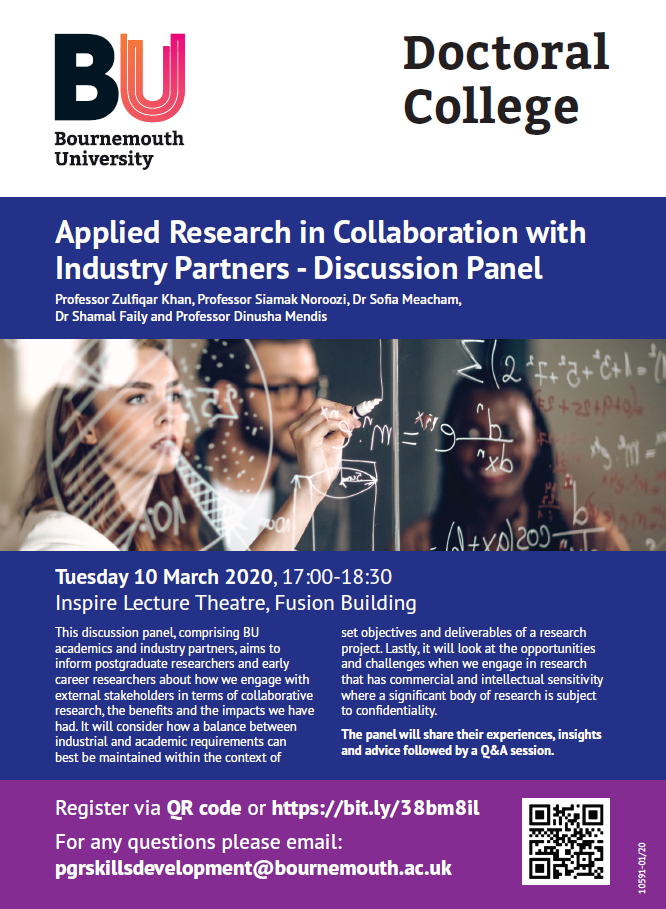
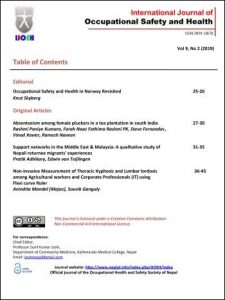


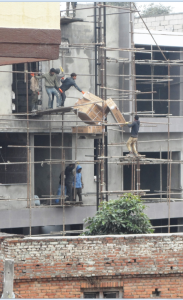
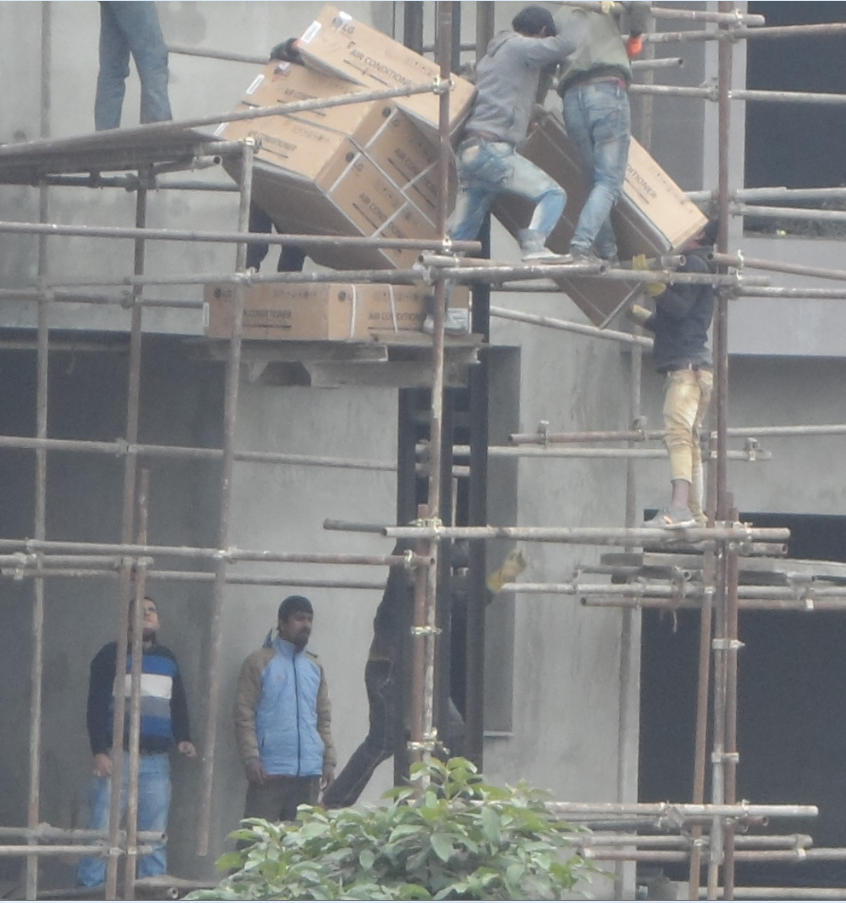
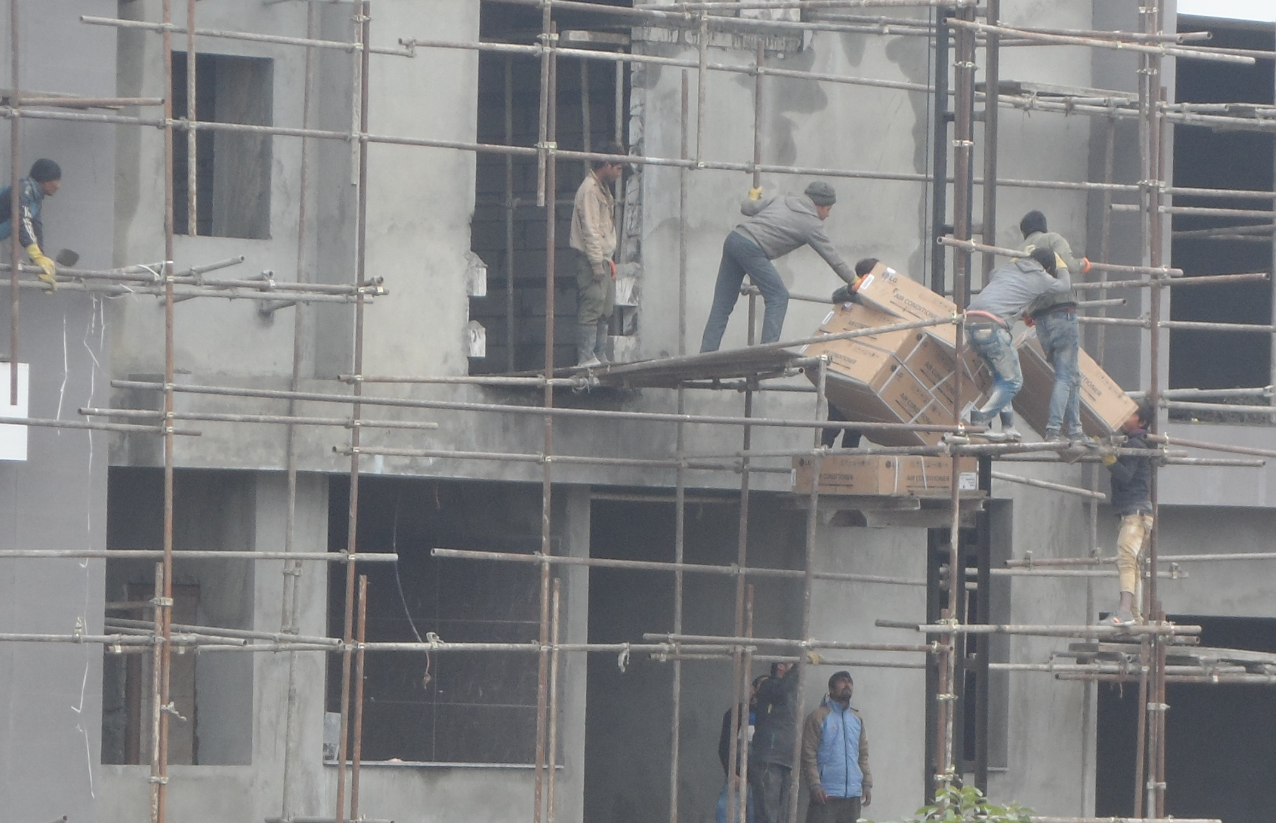

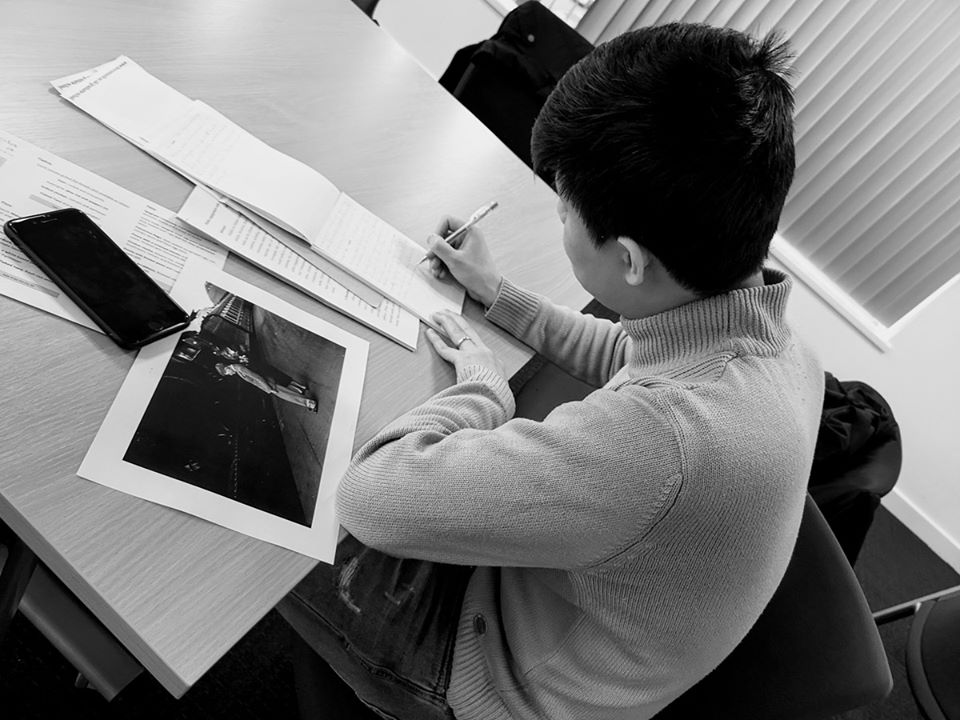
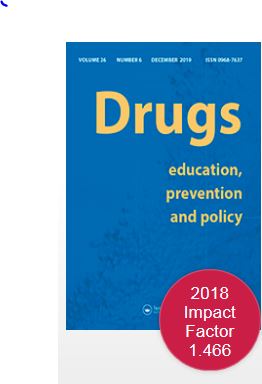
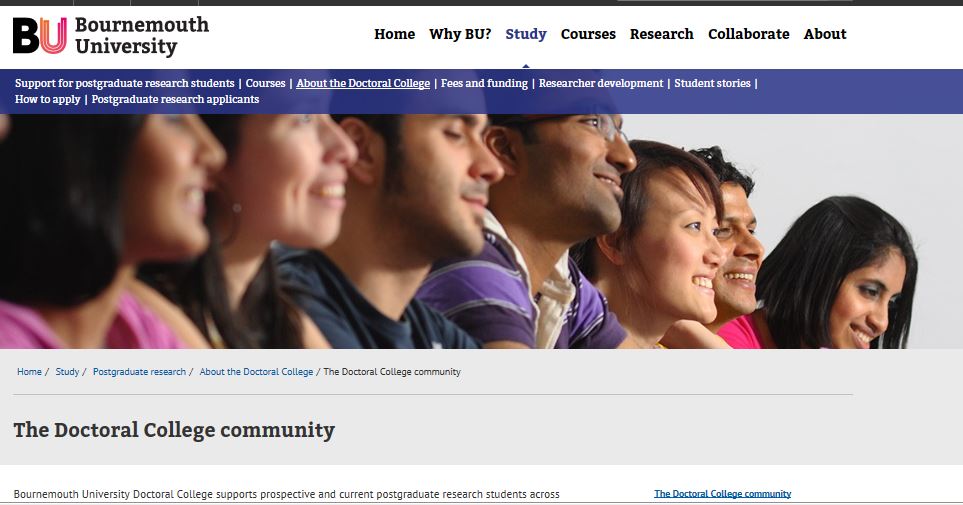
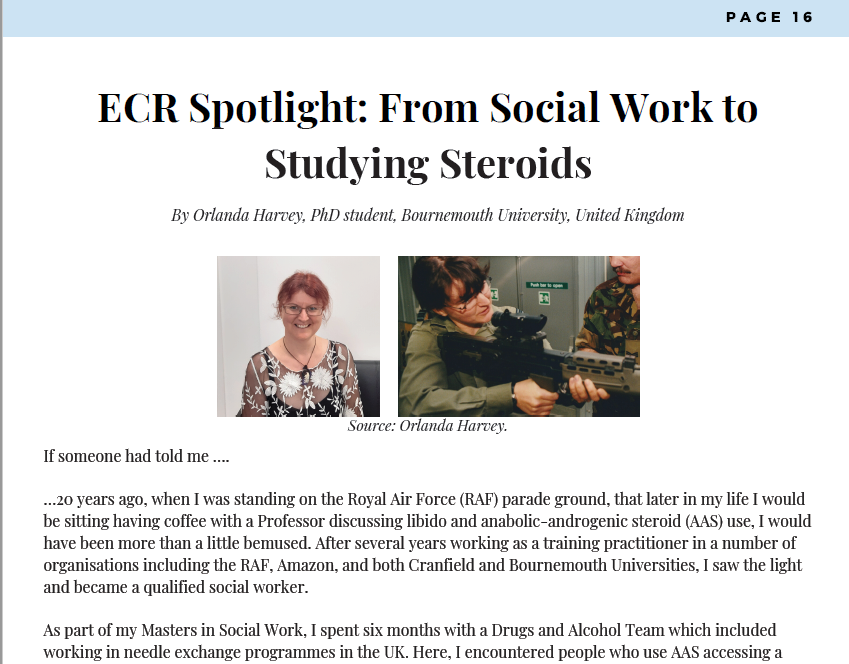
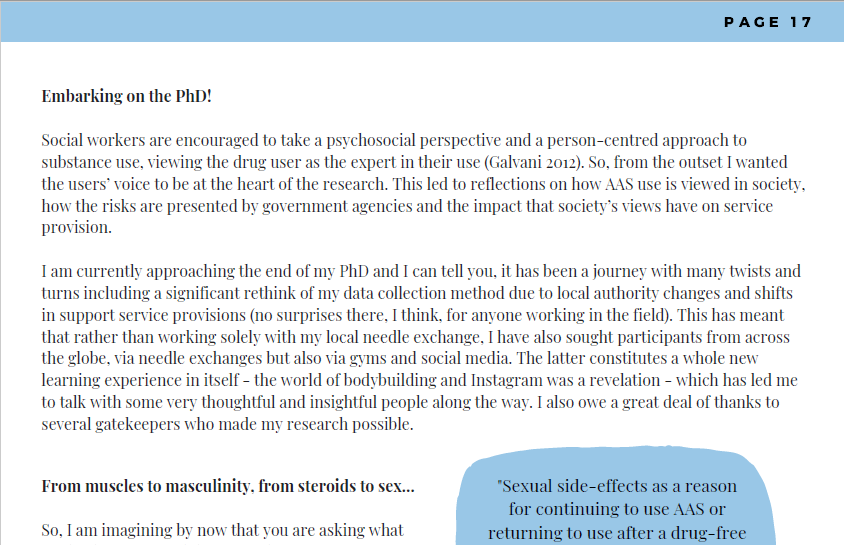
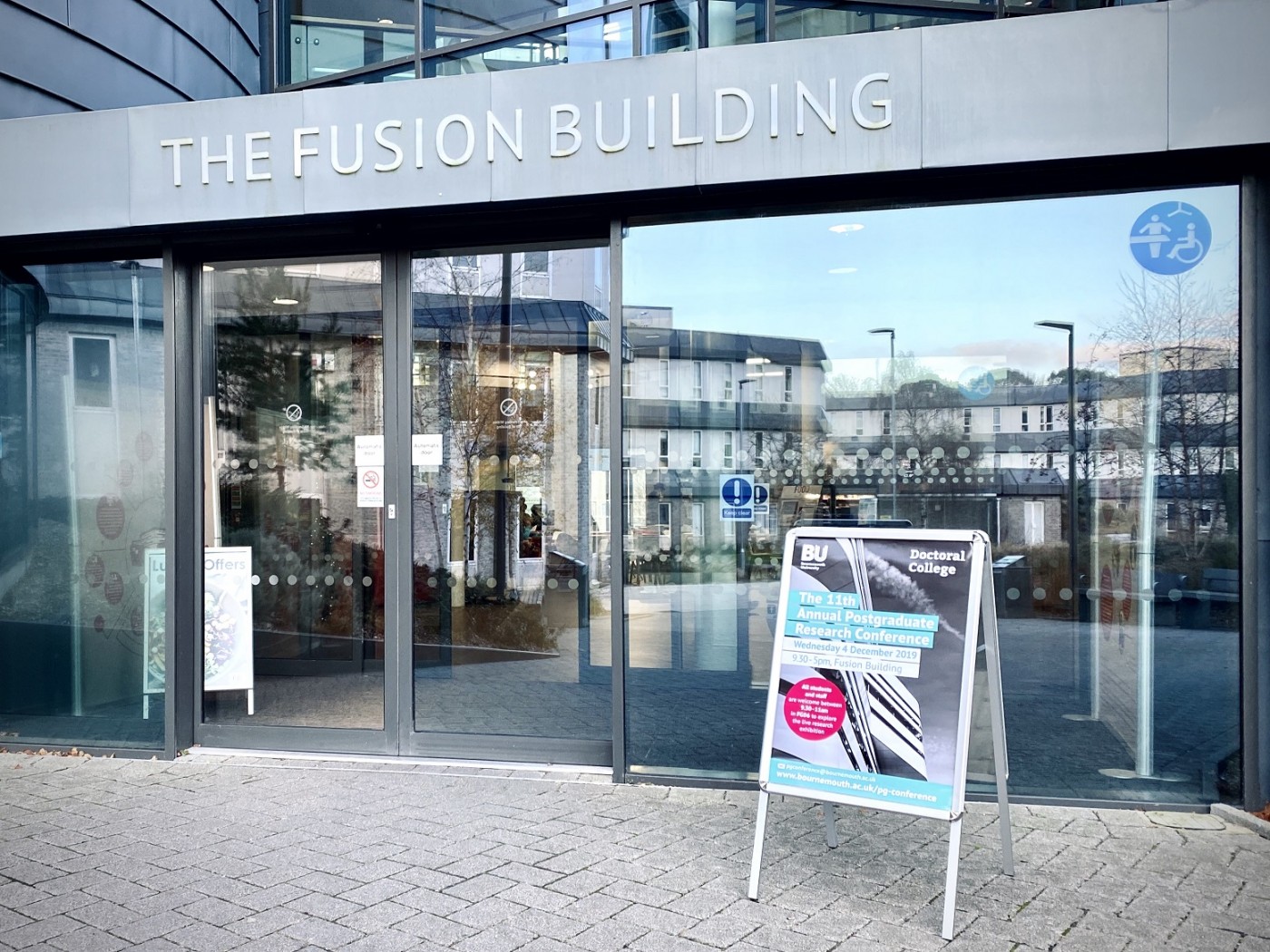
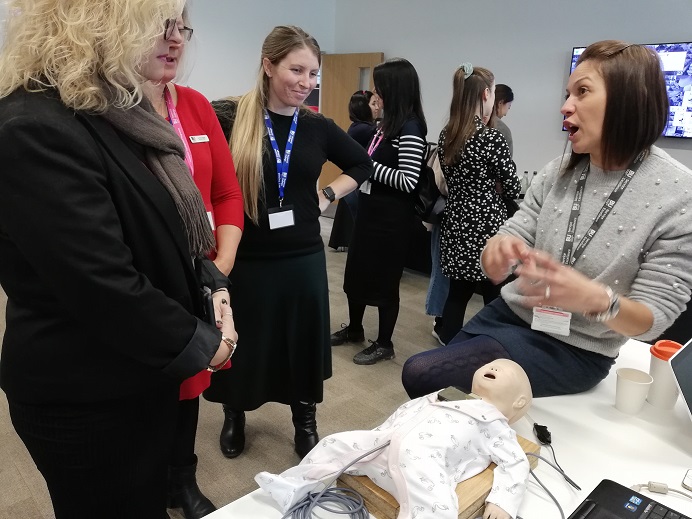
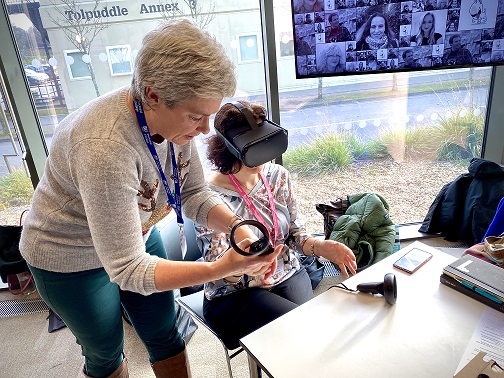


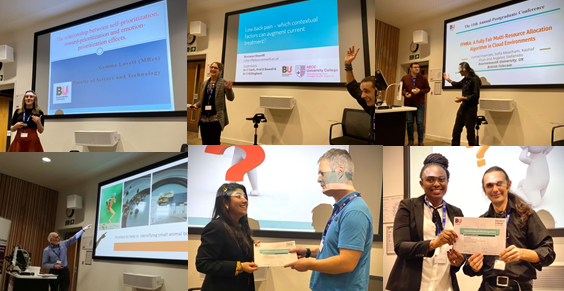
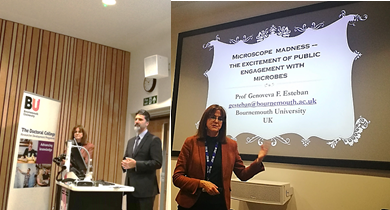

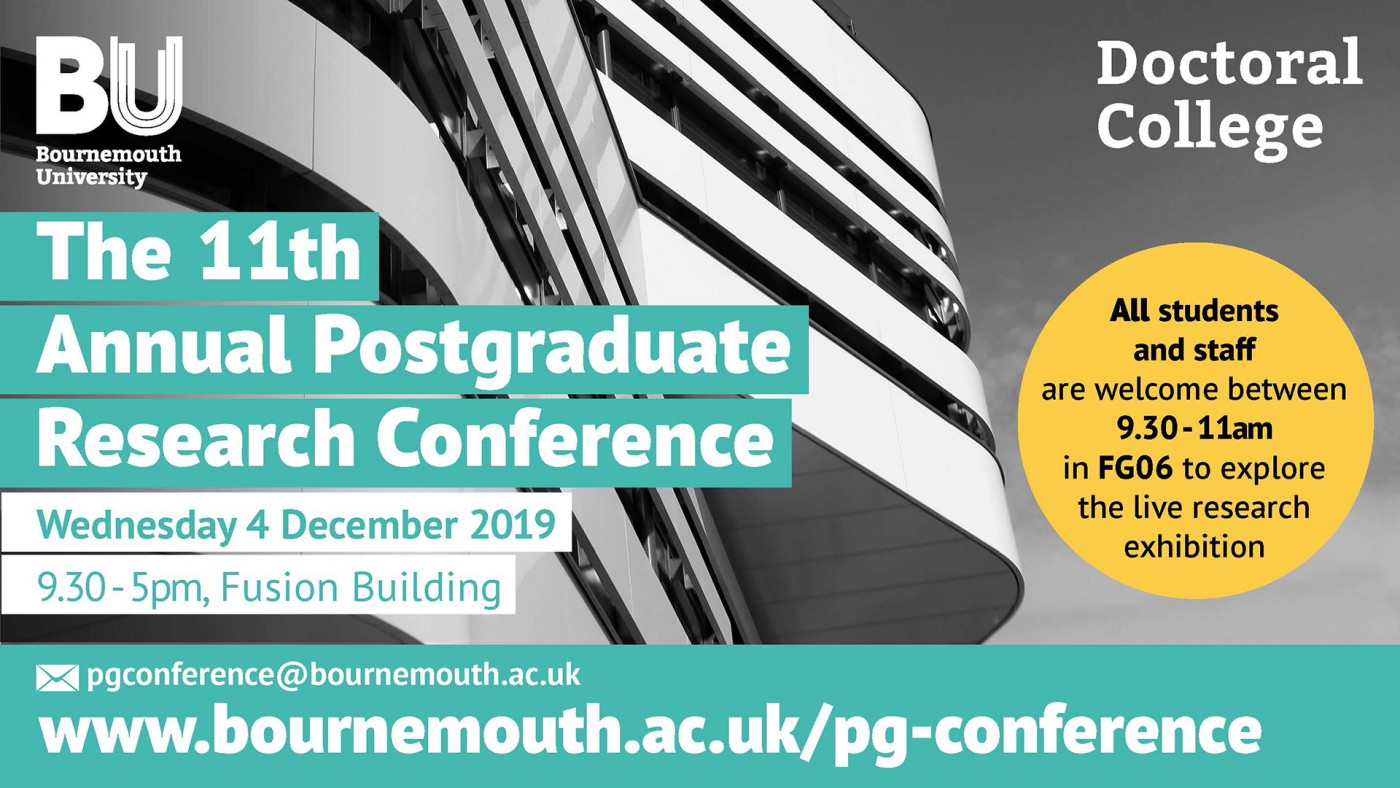
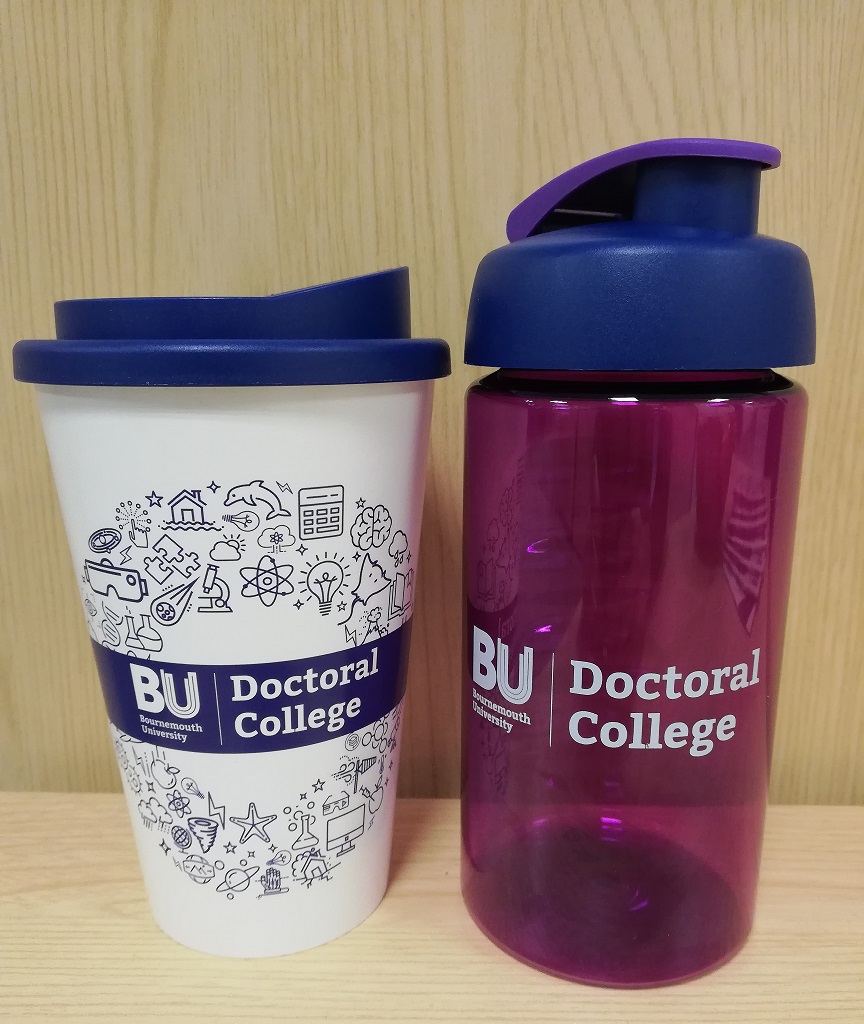
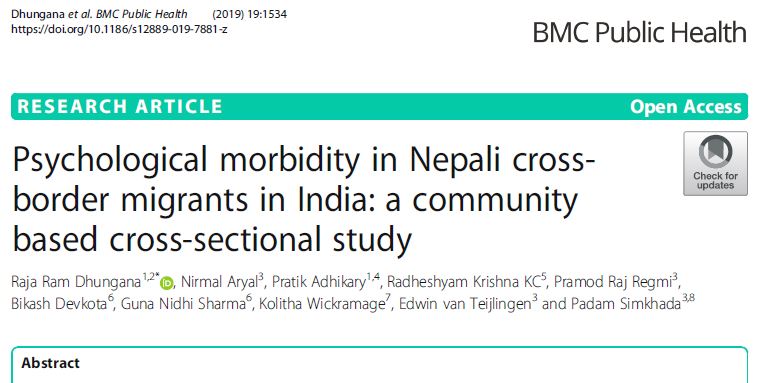
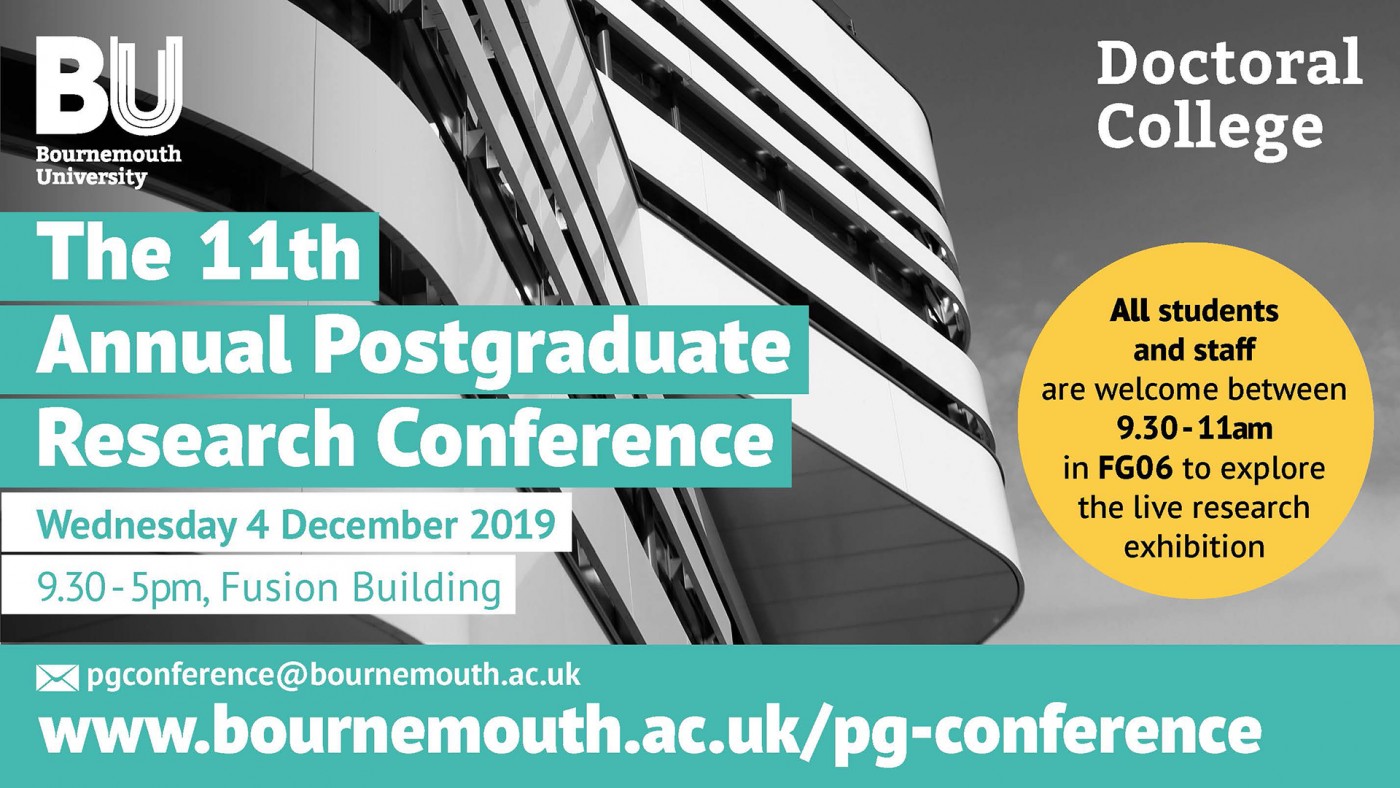












 Beyond Academia: Exploring Career Options for Early Career Researchers – Online Workshop
Beyond Academia: Exploring Career Options for Early Career Researchers – Online Workshop UKCGE Recognised Research Supervision Programme: Deadline Approaching
UKCGE Recognised Research Supervision Programme: Deadline Approaching SPROUT: From Sustainable Research to Sustainable Research Lives
SPROUT: From Sustainable Research to Sustainable Research Lives BRIAN upgrade and new look
BRIAN upgrade and new look Seeing the fruits of your labour in Bangladesh
Seeing the fruits of your labour in Bangladesh ECR Funding Open Call: Research Culture & Community Grant – Apply now
ECR Funding Open Call: Research Culture & Community Grant – Apply now ECR Funding Open Call: Research Culture & Community Grant – Application Deadline Friday 12 December
ECR Funding Open Call: Research Culture & Community Grant – Application Deadline Friday 12 December MSCA Postdoctoral Fellowships 2025 Call
MSCA Postdoctoral Fellowships 2025 Call ERC Advanced Grant 2025 Webinar
ERC Advanced Grant 2025 Webinar Update on UKRO services
Update on UKRO services European research project exploring use of ‘virtual twins’ to better manage metabolic associated fatty liver disease
European research project exploring use of ‘virtual twins’ to better manage metabolic associated fatty liver disease